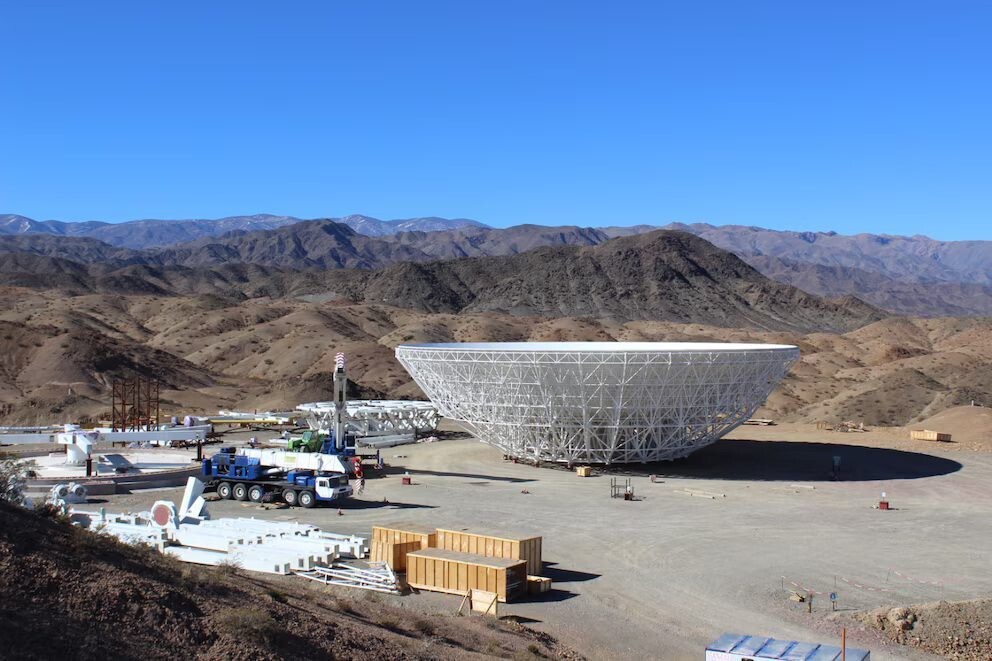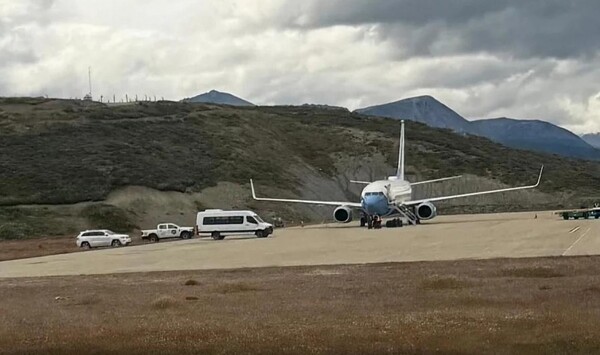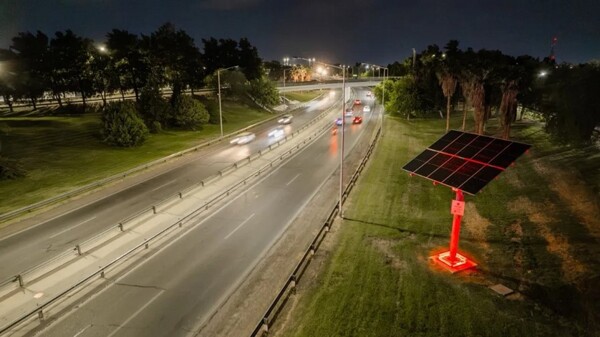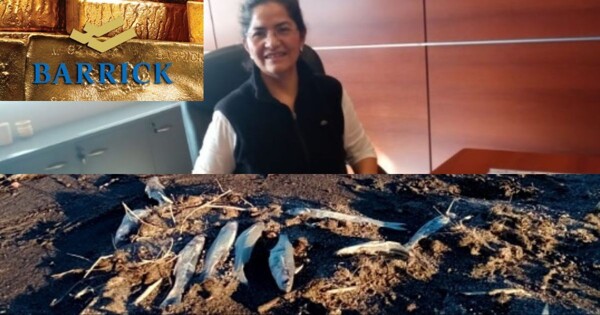
The Argentine government decided to deactivate the project that allowed the People's Republic of China to install a new space observation radar in the province of San Juan. This decision was made due to incompatibility with the new national security guidelines defined by the Casa Rosada. The measure consolidates a shift in Argentina's technological and geopolitical policy, seeking greater aerospace cooperation with Western partners and multilateral organizations. The measure means the end of the agreement that, during the Kirchnerist administration, enabled the creation of the Chinese-Argentine Radio Telescope (CART), a high-power system whose location in El Leoncito National Park raised concerns about its potential dual-use, scientific and military. The agreement, which expired in June of this year, was not renewed by the Executive Branch headed by Javier Milei, who opted to halt the initiative after a joint analysis by the Ministry of Foreign Affairs, the Ministry of Defense, and the Secretariat of Science and Technology. The new foreign policy approach seeks to strengthen alignment with the United States and its allies, who had warned about the risk of this type of facility being used for military or intelligence purposes. The most cited precedent is the Chinese base operating in the province of Neuquén, under the control of the People's Liberation Army, which has been the subject of criticism and diplomatic mistrust. Over the past year, Argentine officials and defense experts conducted an inspection in Neuquén, where they confirmed that the operation of the base requires special authorization from the Chinese government for each entry. The Superior Council of the UNSJ qualified the suspension as 'a setback in international cooperation,' highlighting more than three decades of joint work between Argentine and Chinese institutions. However, in the Milei administration, the strategic vision prevailed. In parallel, Customs blocked the entry of equipment sent from China destined for the San Juan observatory, upon detecting irregularities in the documentation and the lack of official representation from the Asian country. The CART project was part of an international deep-space observation network led by the Chinese Academy of Sciences (CAS) and the National Astronomical Observatories of China (NAOC). It planned the construction of a 40-meter diameter parabolic antenna and a secondary reflector of over four meters, with an estimated investment of $350 million, including equipment, civil works, and operational costs. The installation was to be carried out in cooperation with the National University of San Juan (UNSJ) and CONICET, which defended the scientific nature of the initiative and regretted the decision to cancel it.














